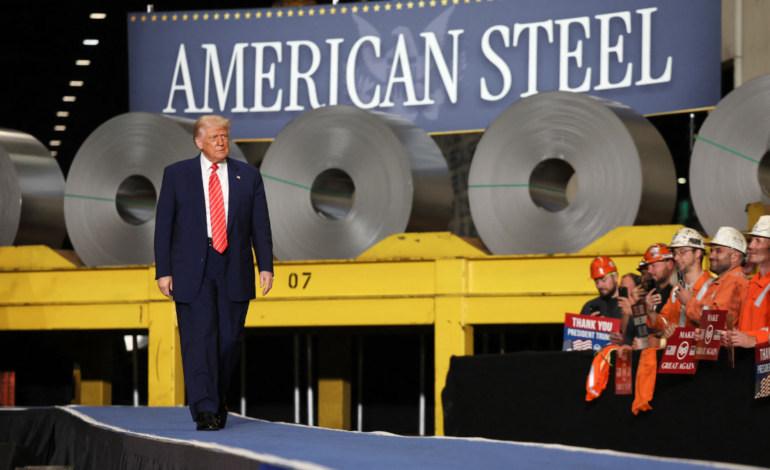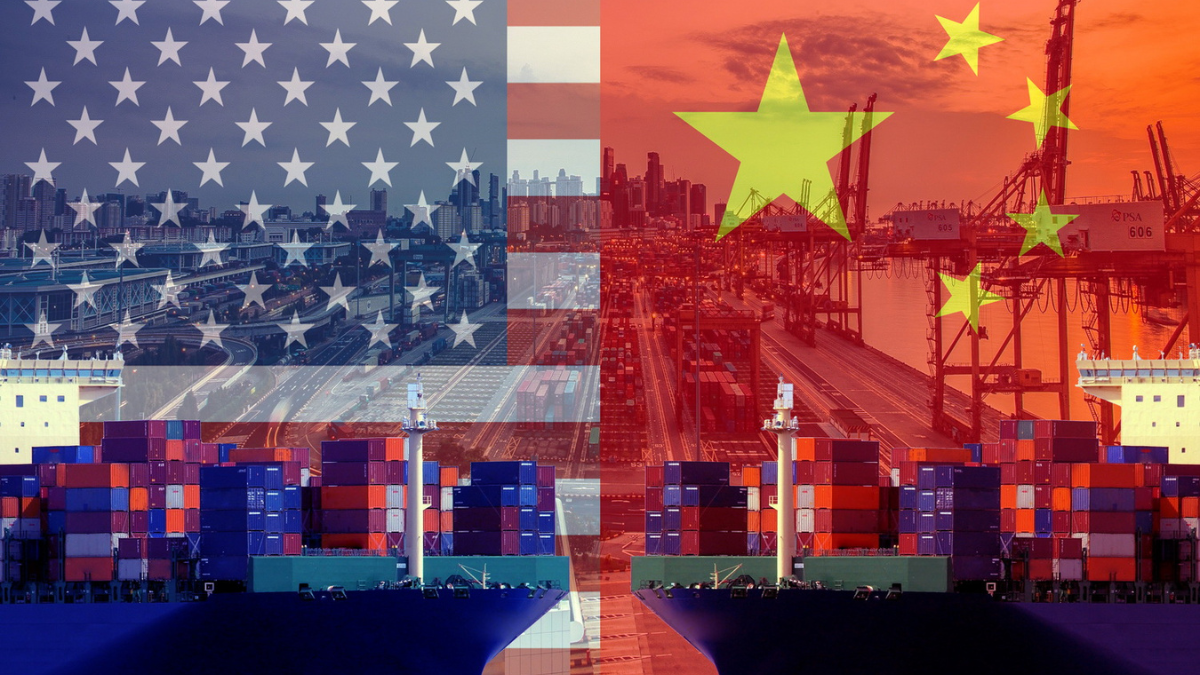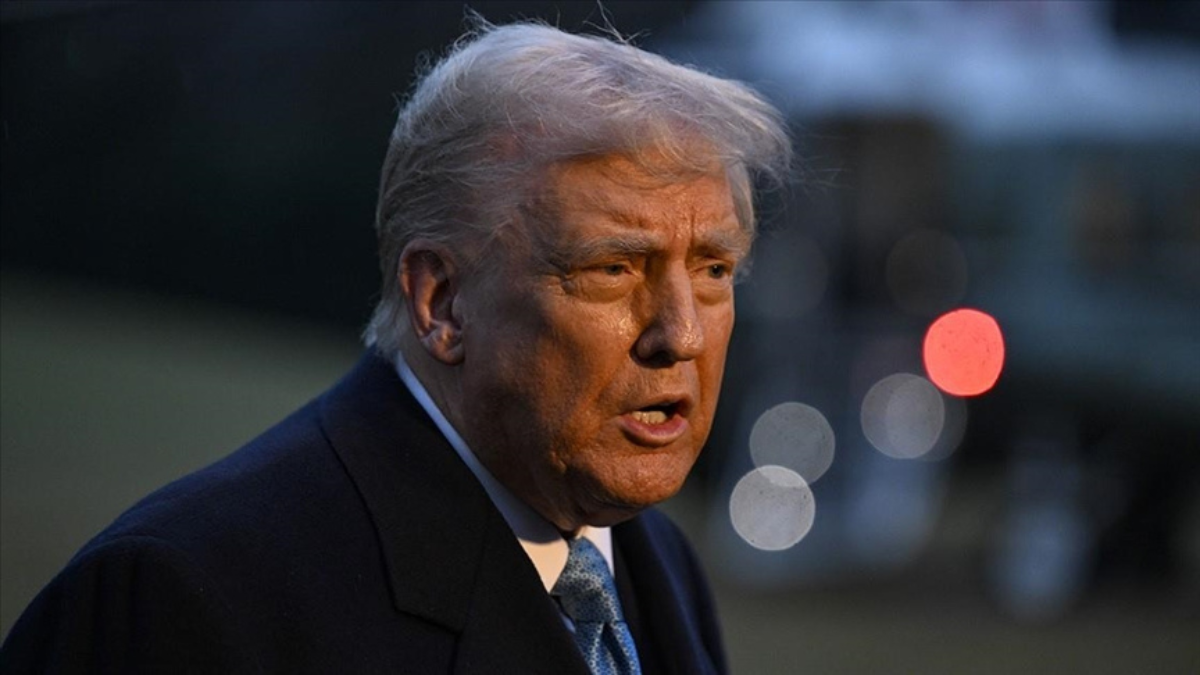The global economic order is once again under pressure following former U.S. President Donald Trump’s announcement on June 2, 2025, that tariffs on imported steel and aluminum would be raised from 25% to 50%. While the move has energized domestic steel producers, international partners are reacting with alarm.
Cleveland-Cliffs Inc., one of the largest U.S. steelmakers, saw its stock surge by 25%, with other industry players like Nucor and Steel Dynamics also enjoying double-digit gains. These firms stand to benefit as foreign competitors face steep barriers to the U.S. market.
However, international stakeholders are not standing idly by. The European Commission swiftly condemned the decision, labeling it “unjustified protectionism” and threatening immediate retaliatory measures. European Union officials are reportedly preparing counter-tariffs on American goods ranging from agricultural products to automobiles.
Asian trade allies, including Japan and South Korea, also voiced concerns. South Korea’s Ministry of Trade stated the move “violates the spirit of fair trade” and signaled a request for dispute resolution through the World Trade Organization (WTO). China, though less direct, hinted at potential “reciprocal actions” that could disrupt key U.S. exports like soybeans and semiconductors.
Trade analysts warn that the decision may spark a fresh round of global trade wars, reminiscent of the 2018-2019 cycle that disrupted global supply chains and weighed heavily on industrial output. The tariffs may also undermine existing trade alliances, especially those built on multilateral cooperation.
Beyond economic repercussions, geopolitical analysts argue the move could shift strategic alignments. The European Union and Asian economies may look to deepen regional trade blocs, such as the Comprehensive and Progressive Agreement for Trans-Pacific Partnership (CPTPP), in a bid to reduce dependence on U.S. markets.
Meanwhile, American importers are bracing for higher input costs. Industries like automotive, construction, and heavy machinery — heavily reliant on foreign steel — warn that the added burden may be passed on to consumers, further fueling inflationary pressures.
In the short term, steelmakers may enjoy a windfall. But in the broader global context, Trump’s tariff escalation threatens to realign trade alliances and fracture diplomatic relationships just as the global economy attempts to stabilize post-pandemic.









